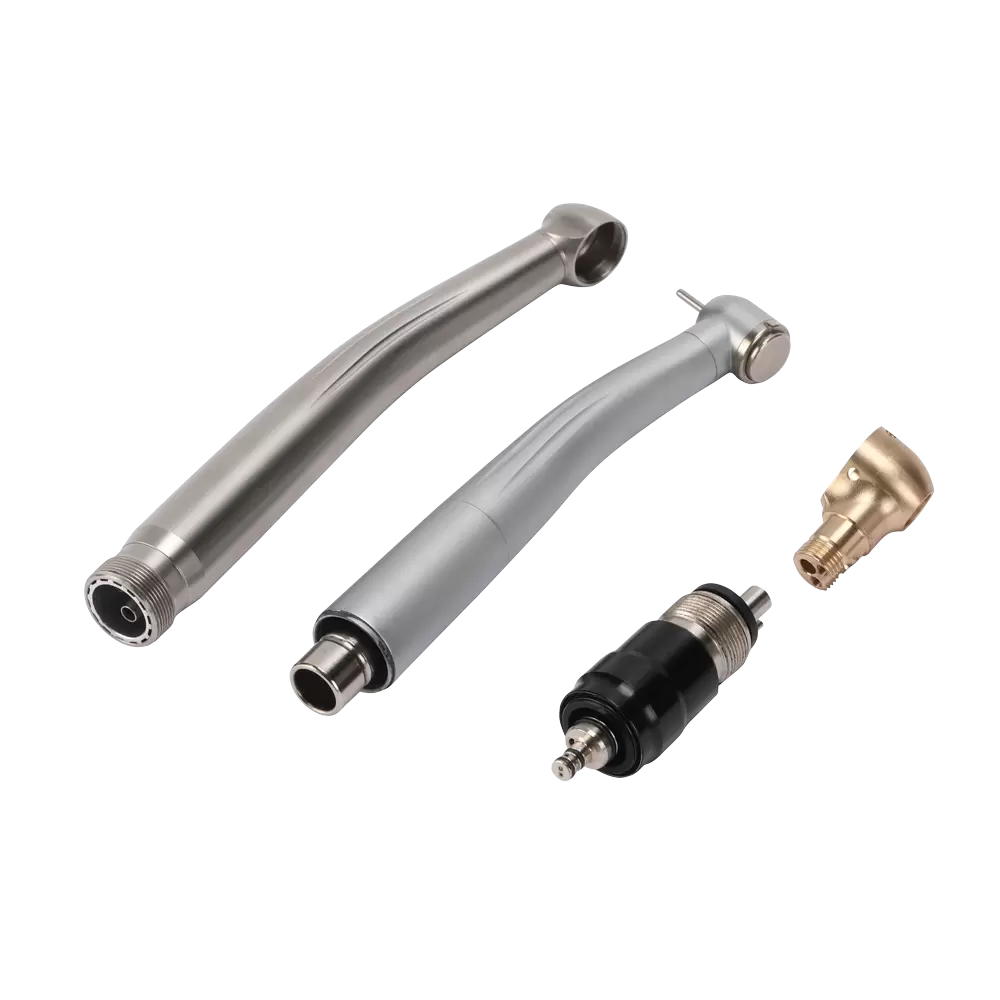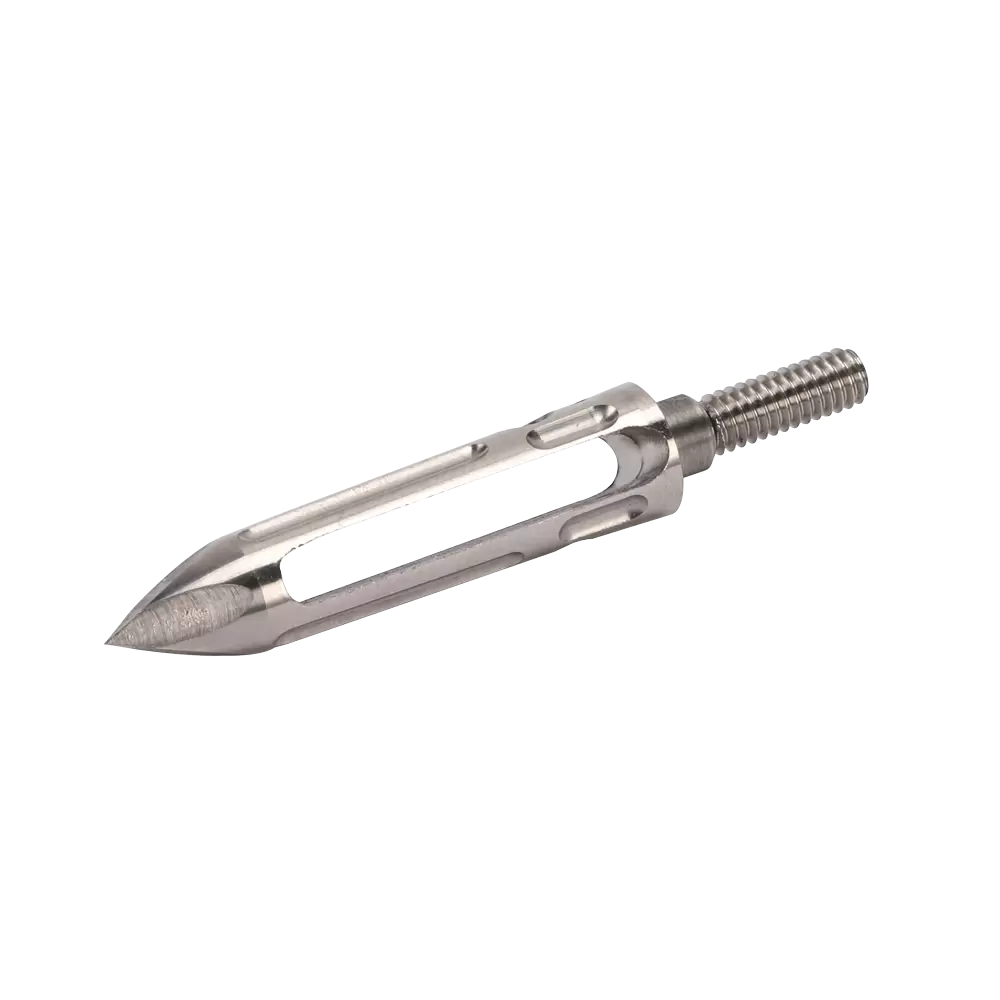Position:Home > News > Industry News > How AI Hydraulic Control Valves Are Revolutionizing Industrial Automation
How AI Hydraulic Control Valves Are Revolutionizing Industrial Automation
Industrial automation has entered a new era, driven by advances in artificial intelligence (AI) and smart manufacturing technologies. Among these innovations, AI hydraulic control valves are transforming the way industries manage fluid power systems, offering unprecedented precision, efficiency, and adaptability in complex processes.
This article explores how AI-driven hydraulic control valves are reshaping industrial automation and highlights how companies like Dongguan Mingyuda Electronic Technology Co., Ltd. leverage advanced components to support cutting-edge automated systems.

What Are AI Hydraulic Control Valves?
AI hydraulic control valves combine traditional hydraulic technology with artificial intelligence algorithms to optimize fluid flow and pressure in real-time. Unlike conventional valves that rely on static settings or manual adjustments, AI-enabled valves can self-adjust based on process demands, improving system efficiency and reducing energy consumption.
Key features include:
Predictive adjustments that anticipate load changes and maintain consistent performance
Adaptive flow control for complex multi-axis machinery
Integration with sensors and control systems for real-time monitoring and fault detection
These capabilities make AI hydraulic valves essential in industries ranging from manufacturing and robotics to aerospace and automotive production.
The Role of AI Valves in Industrial Automation
Modern automated systems demand high precision and flexibility. AI hydraulic valves enhance industrial automation by:
Optimizing Energy Efficiency: The valves adjust flow and pressure dynamically, minimizing waste and lowering operational costs.
Reducing Downtime: Predictive monitoring allows early detection of anomalies, preventing system failures.
Enhancing Process Accuracy: Precise flow control ensures consistent product quality in applications such as stamping, molding, or assembly lines.
Simplifying System Design: AI-enabled valves reduce the need for complex control circuits, allowing for more streamlined hydraulic systems.
How Advanced Components Support AI Hydraulic Systems
For AI hydraulic control valves to perform optimally, high-quality components are critical. Dongguan Mingyuda Electronic Technology Co., Ltd. plays a key role in supporting these systems through the development of precision hardware, including:
Spring pins and crown pins for reliable mechanical connections
Precision connector pins and screws/nuts for connector housings
Cable sealing sleeves and custom-shaped terminals for secure and durable connections
Aviation connector terminals and sensor assemblies for high-performance and high-reliability applications
Medical device components and cable stamping parts that meet stringent quality standards
These components ensure accuracy, durability, and connectivity, which are essential for AI hydraulic valves to function in demanding automated environments.
Benefits of Integrating AI Hydraulic Control Valves
Improved System Responsiveness: AI valves react instantly to changing loads, ensuring smooth and precise movements.
Higher Productivity: Reduced setup times and adaptive control increase throughput on production lines.
Predictive Maintenance: Continuous monitoring reduces unexpected failures, lowering maintenance costs.
Enhanced Safety: Real-time adjustments help prevent overpressure or mechanical stress in critical systems.
Scalability: AI valves can easily integrate into larger industrial networks, supporting Industry 4.0 initiatives.
By combining AI technology with precision components from manufacturers like Dongguan Mingyuda, industrial systems achieve higher reliability and efficiency than ever before.
Conclusion
AI hydraulic control valves are revolutionizing industrial automation by providing intelligent, adaptive control over fluid power systems. They improve energy efficiency, system responsiveness, and predictive maintenance, enabling manufacturers to optimize performance while reducing costs and downtime.
Companies like Dongguan Mingyuda Electronic Technology Co., Ltd. play a crucial supporting role by supplying precision components and connector solutions that ensure AI hydraulic systems operate reliably in demanding industrial environments. Together, these innovations are driving the next generation of smart factories, advanced manufacturing lines, and automated production systems worldwide.




.webp)

